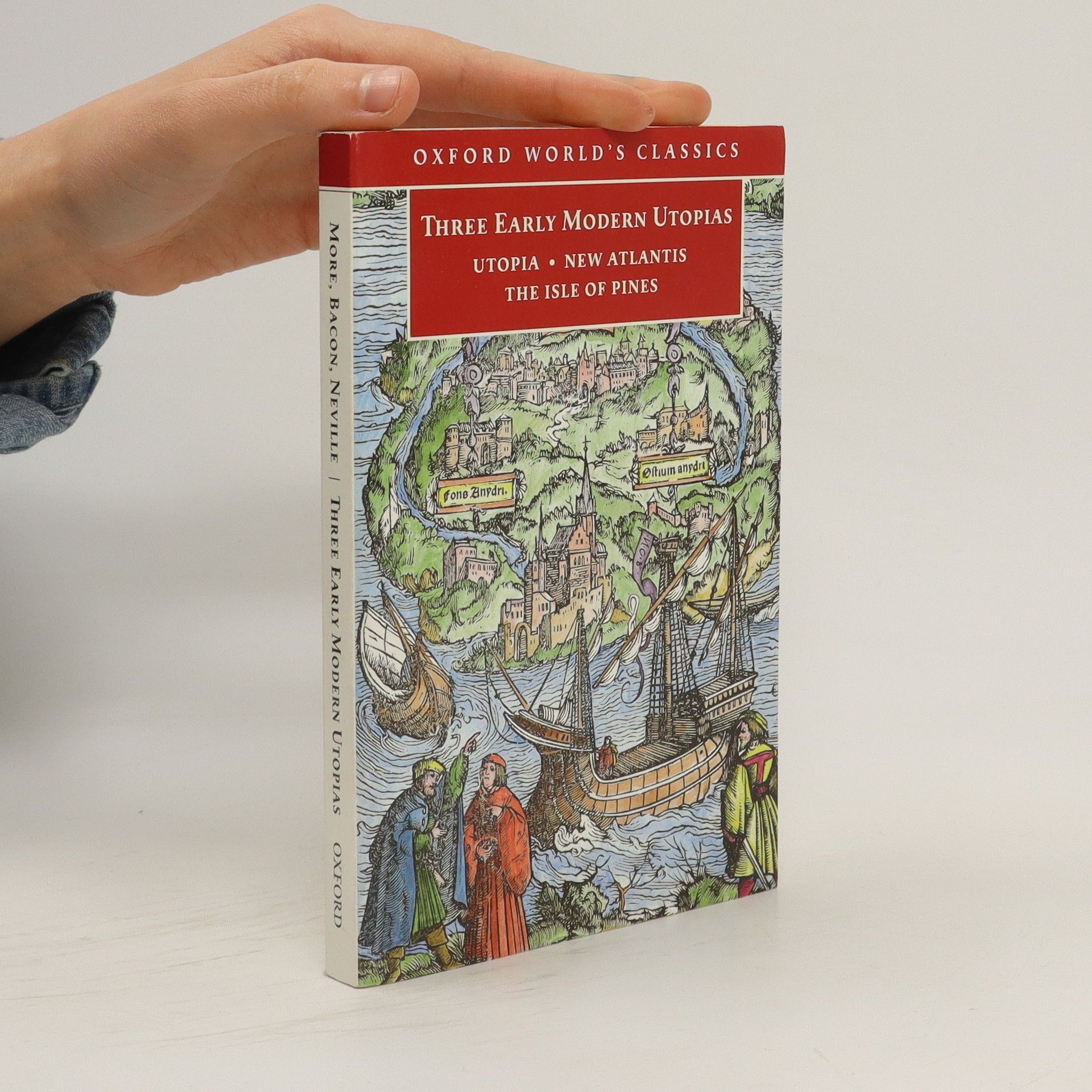Potters have been using traditional handbuilding methods for generations, but new methods are now eagerly being tried, inspiring a host of discoveries in contemporary ceramics. This book begins with an historical and cultural overview of world ceramics, then moves on to an introductory section for beginners. With the aid of clear instructions and step-by-step photos, the novice learns all the traditional handbuilding and glazing methods. In addition, the author's special interest in surface decoration introduces innovative new ways of monoprinting on clay and texturing with clay slips. Advanced students are then shown how to explore the exciting possibilities of paperclay. This comparatively new medium, which is extremely strong and versatile, allows artists to scale new heights of creativity. Fully illustrated with color photos, The Art of Handbuilt Ceramics includes all the information necessary to progress from beginner to artist.
Susan Bruce Knihy


With the publication of Utopia (1516), Thomas More provided a scathing analysis of the shortcomings of his own society, a realistic suggestion for an alternative mode of social organization, and a satire on unrealistic idealism. Enormously influential, it remains a challenging as well as a playful text. This edition reprints Ralph Robinson's 1556 translation from More's original Latin together with letters and illustrations that accompanied early editions of Utopia. This edition also includes two other, hitherto less accessible, utopian narratives. New Atlantis (1627) offers a fictional illustration of Francis Bacon's visionary ideal of the role that science should play in the modern society. Henry Neville's The Isle of Pines (1668), a precursor of Defoe's Robinson Crusoe, engages with some of the sexual, racial, and colonialist anxieties of the end of the early modern period. Bringing together these three New World texts, and situating them in a wider Renaissance context, this edition - which includes letters, maps, and alphabets that accompanied early editions - illustrates the diversity of the early modern utopian imagination, as well as the different purposes to which it could be put.